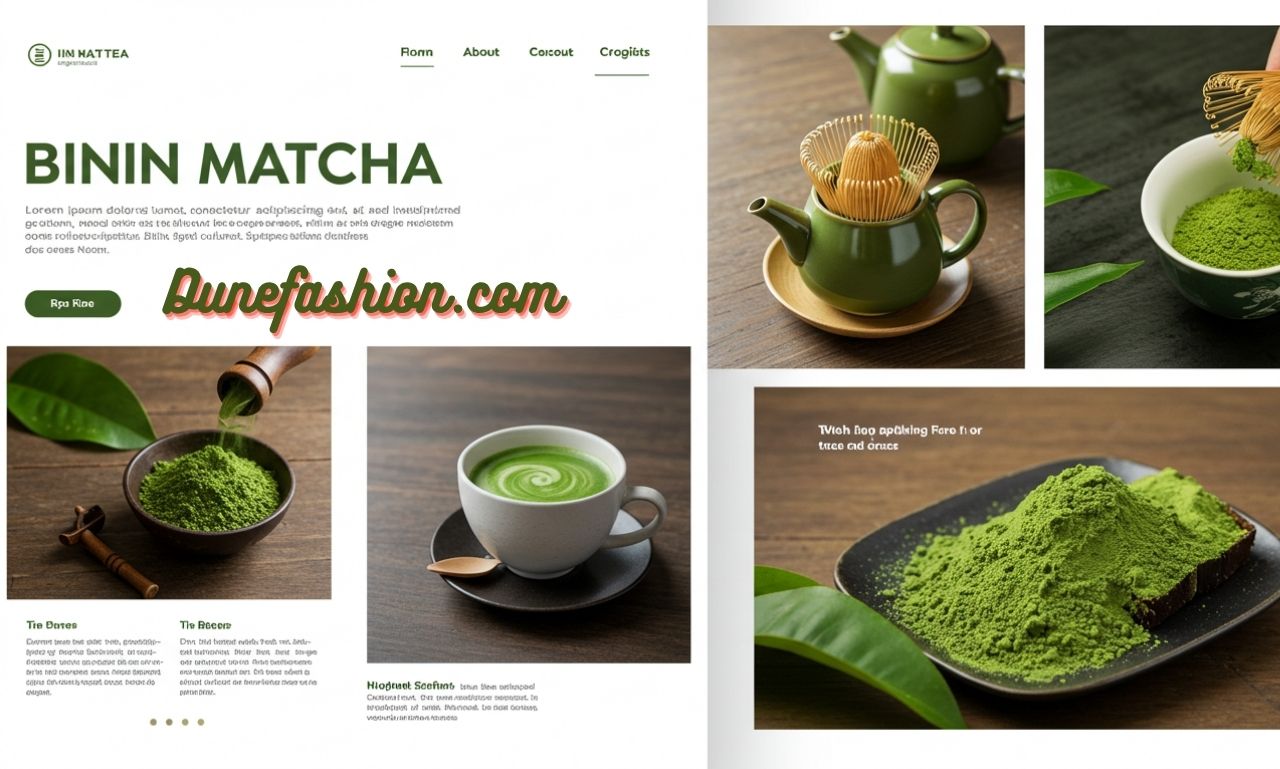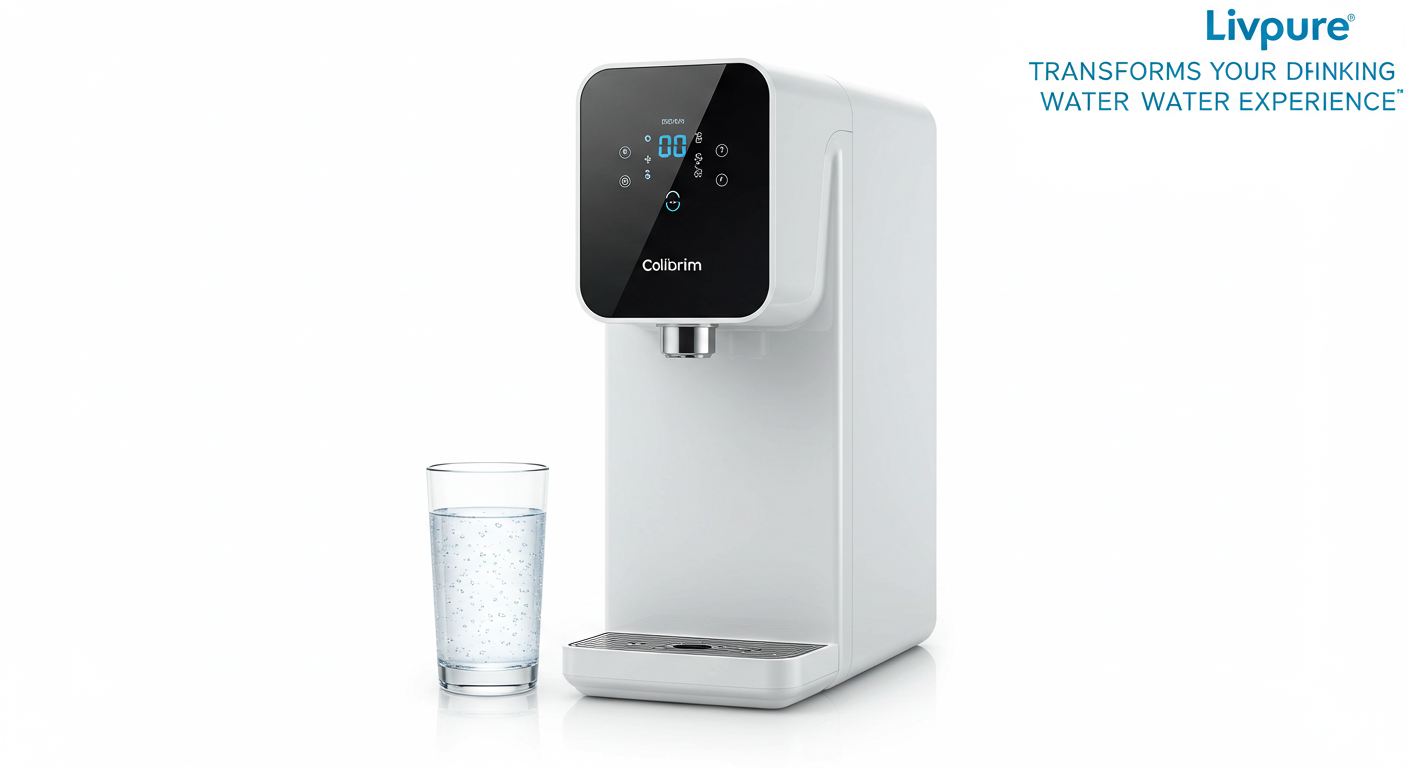In recent years, Bin Matcha has captured the attention of tea enthusiasts, health-conscious consumers, and culinary innovators. Known for its vibrant green color, rich flavor, and impressive nutritional profile, Matcha has grown beyond a simple tea powder to become a lifestyle ingredient. Whether you’re enjoying it in a traditional tea ceremony or adding it to smoothies, desserts, or skincare products, Bin continues to be a symbol of both wellness and sophistication.
What is Bin Matcha?
At its core, Bin Matcha is a finely ground powder made from specially grown and processed green tea leaves. Unlike regular green tea, where leaves are steeped in hot water and discarded, Matcha allows you to consume the entire leaf in powdered form. This means you get a concentrated dose of antioxidants, amino acids, and nutrients.
The name “Bin” in Matcha may refer to its specific cultivation method, packaging style, or unique branding. In many cases, it signifies a premium-grade matcha that adheres to traditional Japanese growing techniques while incorporating modern sustainability practices.
The History and Origins of Bin Matcha
Matcha itself has a rich history tracing back over 800 years to the Zen Buddhist monks of Japan, who valued it for its meditative and energizing qualities. Matcha represents a modern evolution of this tradition, blending age-old cultivation with cutting-edge agricultural technology.
Producers of Bin Matcha typically:
-
Shade-grow the tea plants for several weeks before harvest to increase chlorophyll levels.
-
Hand-pick the youngest leaves for the smoothest taste.
-
Steam, dry, and stone-grind the leaves into a silky powder.
This process preserves both flavor and nutrients, ensuring a high-quality matcha experience.
Nutritional Benefits of Bin Matcha
One of the reasons Bin Matcha has become so popular is its exceptional nutritional profile. A single serving can provide:
-
High levels of antioxidants (especially EGCG, known for cancer-fighting properties)
-
L-theanine, an amino acid that promotes calm focus without jitters
-
Chlorophyll, which aids in detoxification
-
Vitamins A, C, and E for immune support
-
Minerals like potassium, magnesium, and calcium
Because you consume the whole leaf in Matcha, these nutrients are far more concentrated than in regular green tea.
Bin Matcha vs. Regular Matcha
While Bin Matcha shares many qualities with standard matcha, there are a few distinct differences:
| Feature | Bin Matcha | Regular Matcha |
|---|---|---|
| Cultivation | Premium, shade-grown, hand-picked | Varies in quality |
| Texture | Ultra-fine, smooth | May be slightly coarse |
| Flavor | Balanced umami and sweetness | Can be bitter if lower quality |
| Uses | Ceremonial, culinary, wellness | Mostly ceremonial or culinary |
The elevated quality of Matcha makes it ideal for those who want both the health benefits and a superior taste experience.
How to Prepare Bin Matcha
Preparing Bin Matcha properly is key to enjoying its full flavor and benefits. Here’s a simple step-by-step guide:
-
Sift the powder – This prevents clumps and ensures a smooth drink.
-
Add hot water – Around 175°F (80°C) is ideal.
-
Whisk vigorously – Use a bamboo whisk (chasen) in a “W” motion until a frothy layer forms.
-
Enjoy immediately – Matcha is best consumed fresh for maximum nutrition.
You can also incorporate Matcha into lattes, iced beverages, smoothies, or desserts.
Modern Uses of Bin Matcha in 2025
In 2025, Bin Matcha is not just a drink—it’s a versatile ingredient used in:
-
Baking: Cakes, cookies, and muffins with a green tea twist.
-
Smoothies: Blended with fruits for a refreshing, antioxidant-rich boost.
-
Skin Care: Matcha-infused masks and scrubs for rejuvenating the skin.
-
Cocktails: Creative mixologists are using Matcha in craft drinks.
Its adaptability has made it a favorite among chefs, health influencers, and beauty brands.
Why Bin Matcha is Trending in 2025
Several factors have contributed to the growing popularity of Bin Matcha:
-
Health Consciousness – Consumers are seeking natural energy alternatives to coffee.
-
Sustainable Farming – Many Matcha producers use eco-friendly cultivation methods.
-
Social Media Influence – Its photogenic green color makes it an Instagram favorite.
-
Global Availability – E-commerce has made premium matcha accessible worldwide.
With wellness trends at an all-time high, Matcha has solidified its place as a must-have superfood.
Tips for Buying High-Quality Bin Matcha
When purchasing Matcha, keep these tips in mind:
-
Check the color – Bright, vibrant green indicates freshness.
-
Look for origin labeling – Authentic Japanese matcha often comes from Uji or Nishio.
-
Inspect packaging – Airtight containers preserve flavor and nutrients.
-
Buy in small quantities – Matcha is best consumed within a few months of opening.
Choosing quality over quantity ensures you get the full Matcha experience.
Potential Side Effects and Precautions
While Bin is generally safe for most people, overconsumption may lead to:
-
Mild caffeine sensitivity (jitters or insomnia)
-
Stomach upset if consumed on an empty stomach
-
Interactions with certain medications
It’s best to enjoy Matcha in moderation—one to two servings per day for most adults.
Conclusion
Matcha in 2025 represents the perfect blend of tradition and modern wellness. From its roots in Japanese tea culture to its place in today’s health-conscious lifestyles, Matcha offers both flavor and function. Whether you’re savoring it in a ceremonial bowl or mixing it into your morning smoothie, its benefits and versatility make it a standout superfood worth adding to your daily routine.


